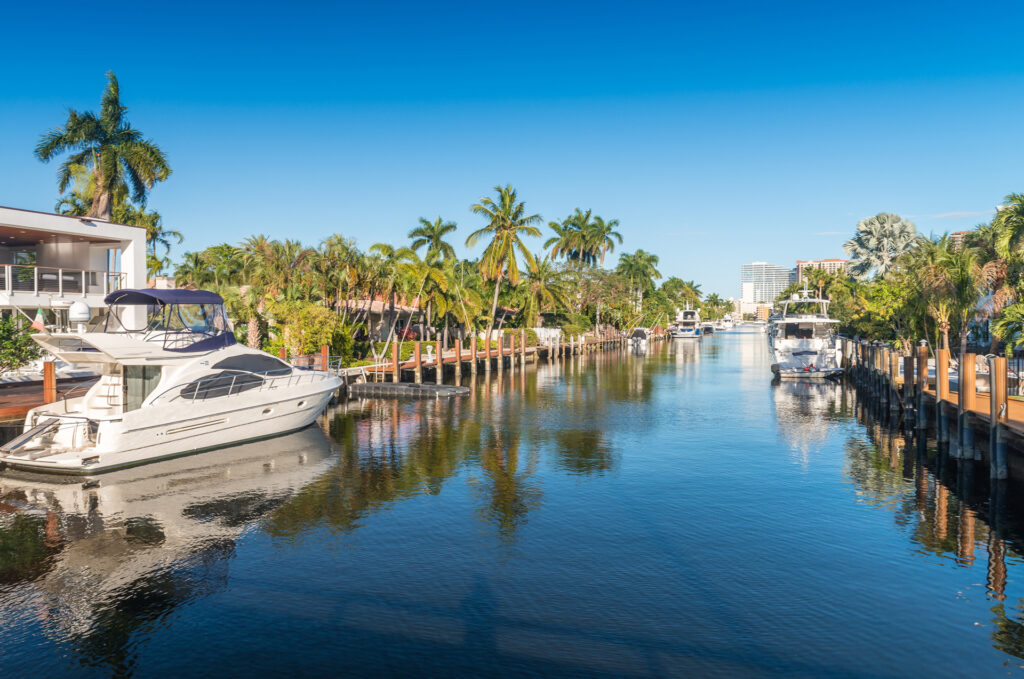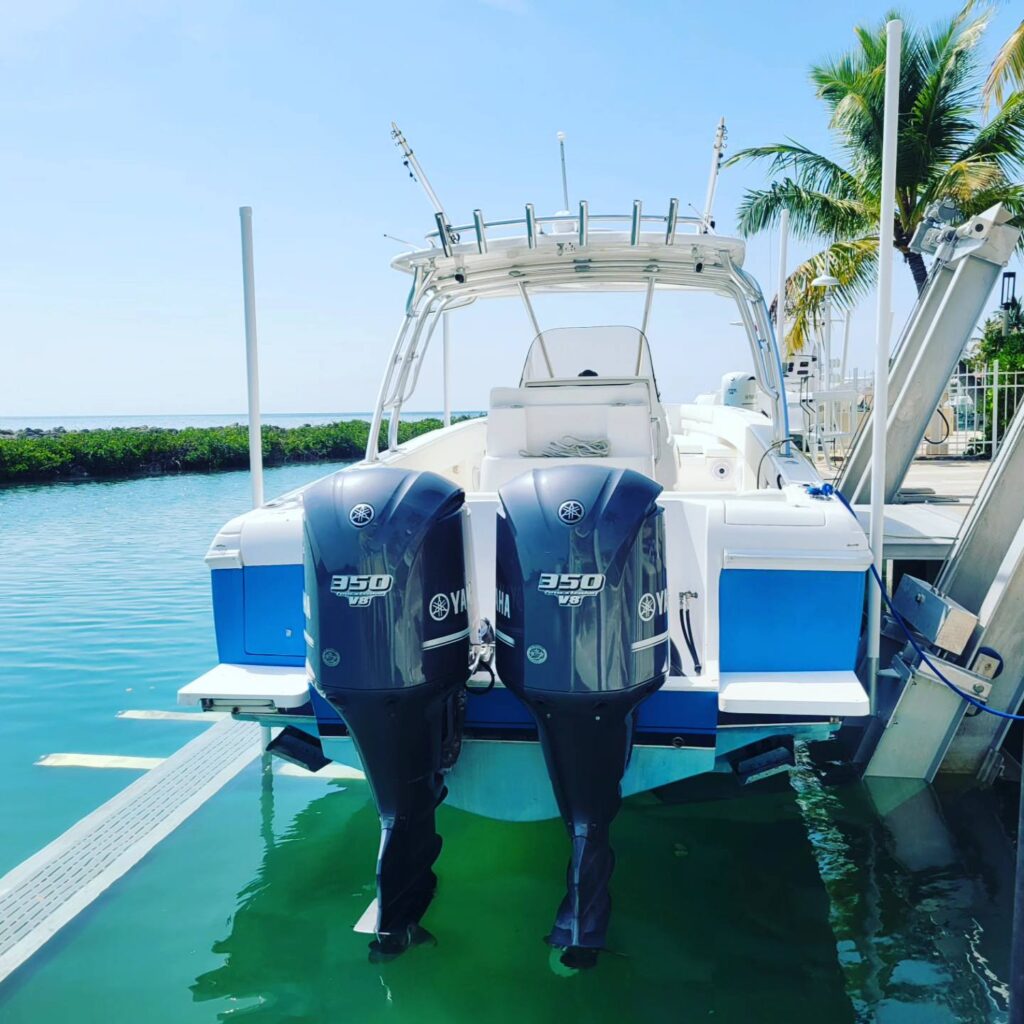Whether you’re considering buying or selling a boat, insuring it, or simply curious about its worth, understanding boat valuation is essential. Just like any other asset, a boat’s value can fluctuate based on several factors. In this article, we will explore the key elements that impact boat valuation and provide you with a comprehensive understanding of how to appraise your watercraft.

About Boat /Vessel Valuations
Age and Condition of the Boat
The age and condition of a boat play a vital role in determining its value. Older vessels typically depreciate over time, but proper maintenance and upkeep can mitigate this effect. A well-maintained boat, regardless of age, will likely fetch a higher value than a neglected one. Buyers and appraisers consider factors such as engine hours, structural integrity, and overall appearance when assessing a boat’s condition.
Boat Make and Model
The make and model of a boat greatly influences its valuation. Certain brands have established reputations for quality, performance, and durability, which can positively impact their resale value. Popular boat models that are in high demand tend to retain their value better than less sought-after or niche vessels. When appraising a boat, comparing it to similar makes and models on the market is crucial for determining its fair market value.
Equipment and Upgrades
The additional equipment and upgrades present on a boat can significantly affect its valuation. Accessories such as navigational systems, fishing gear, audio systems, and enhanced safety features enhance a vessel’s desirability and, subsequently, its value. Similarly, modifications or upgrades made to improve performance, comfort, or aesthetics can make a boat more attractive to potential buyers, leading to a higher appraisal.
Market Demand
The prevailing market conditions and demand for specific types of boats play a critical role in determining their value. Factors such as geographic location, seasonality, and current trends in boating can influence the demand for certain boat types. For example, a sailboat may be more sought after in coastal areas with strong sailing communities. Understanding the current market dynamics can help you gauge the potential value of your boat accurately.
Comparable Boat Sales
Looking at comparable boat sales is an essential step in boat valuation. Researching recent sales of similar boats, considering factors such as age, condition, make, and model, provides a benchmark for estimating your vessel’s value. Various online resources, boat dealerships, and boat owner communities can offer insights into recent sales data, allowing you to make a more informed valuation assessment.
Vessel Documentation and History
Maintaining thorough documentation of your boat’s history, including maintenance records, repairs, and upgrades, is crucial when it comes to valuation. Having a complete paper trail enhances the confidence of buyers and appraisers, as it provides evidence of a well-cared-for vessel. Accurate and up-to-date paperwork also ensures a smoother transaction process and helps establish trust in the boat’s overall value.
What is the Boat Worth?
Valuing a boat involves a careful evaluation of multiple factors, including age, condition, make, model, equipment, market demand, comparable sales, and documentation. By considering these key elements, you can develop a better understanding of your boat’s worth in the current market. Whether you’re buying, selling, insuring, or simply curious about your watercraft’s value, a comprehensive boat valuation ensures that you make informed decisions and maximize your boating experience.

